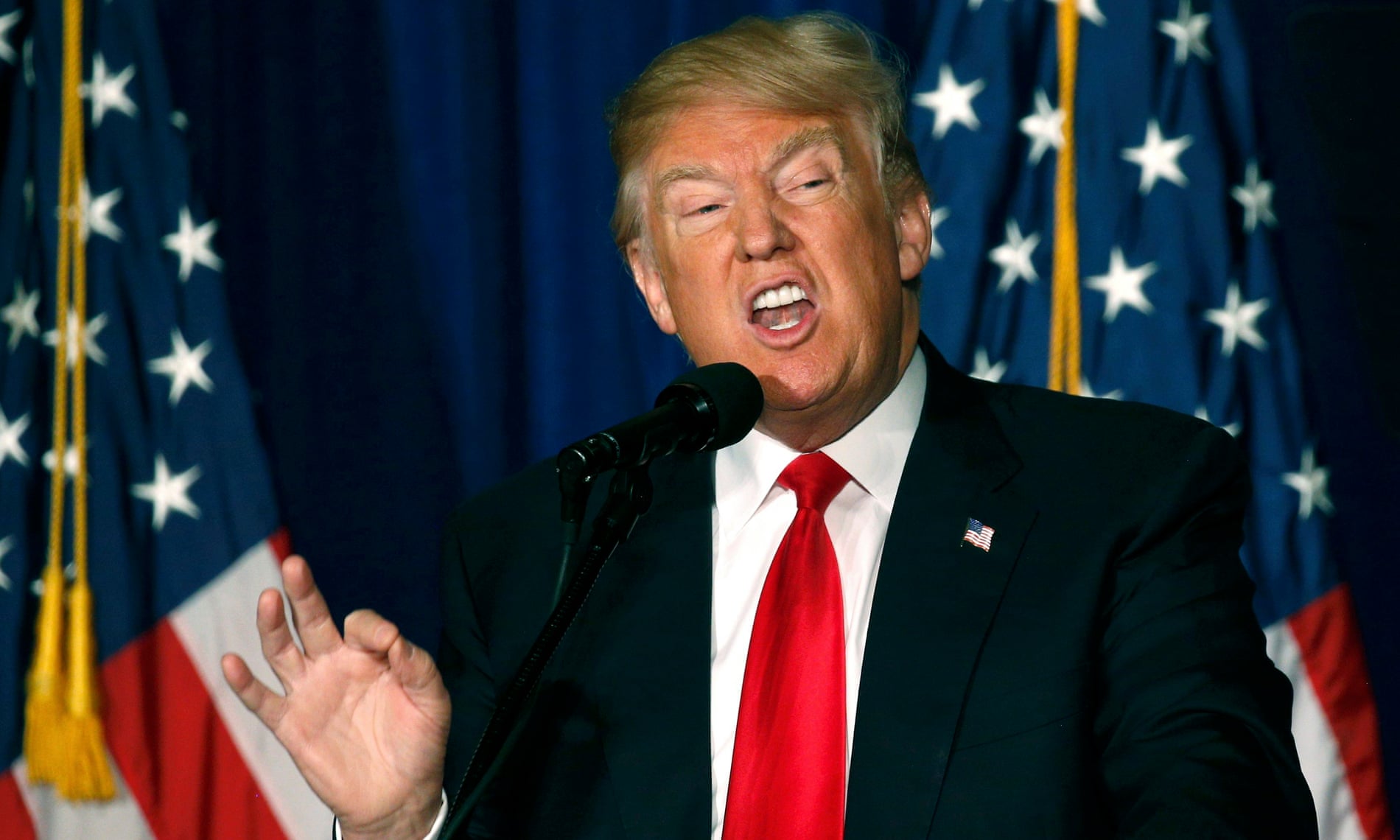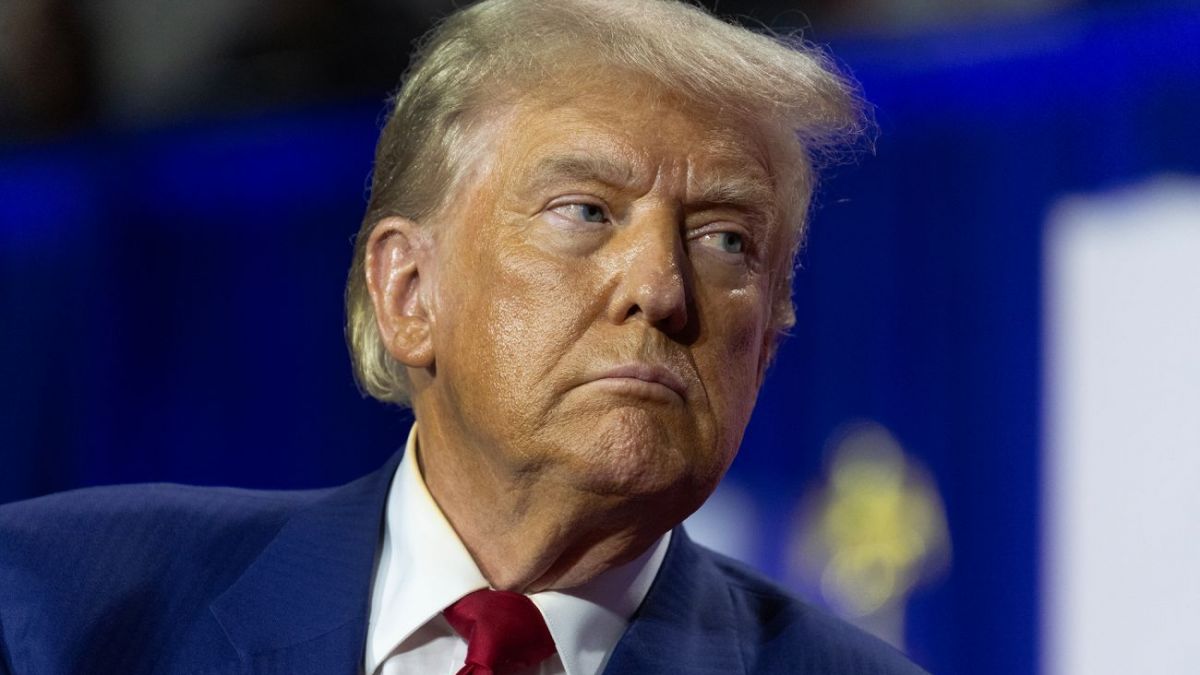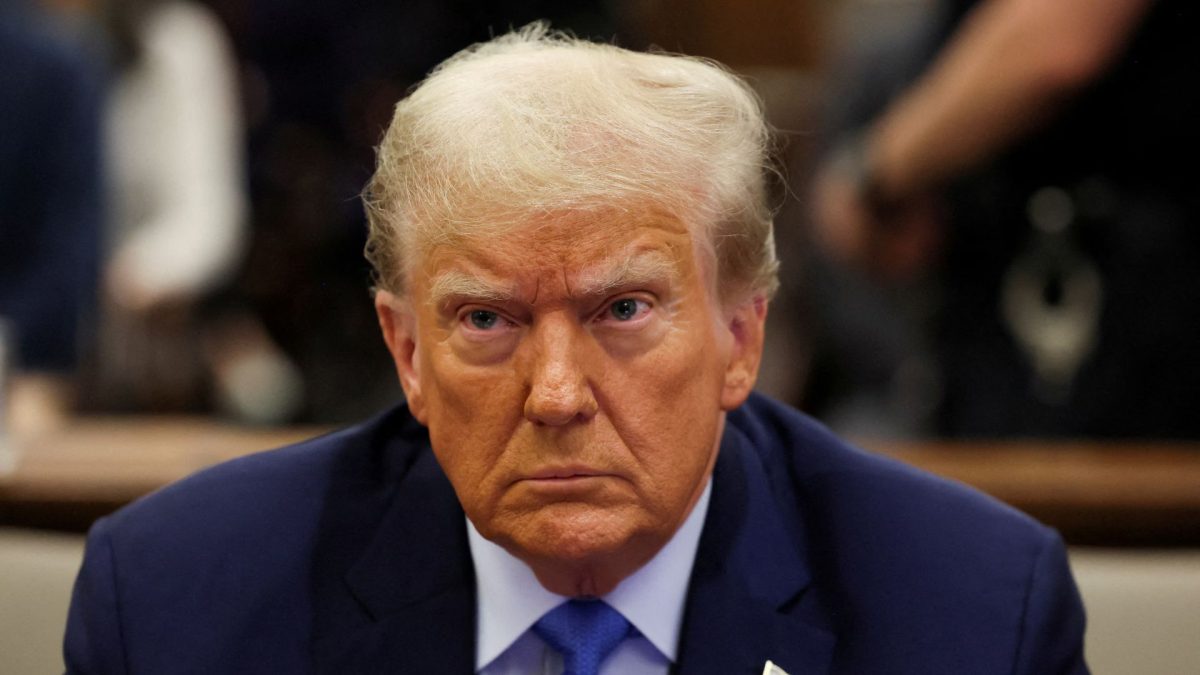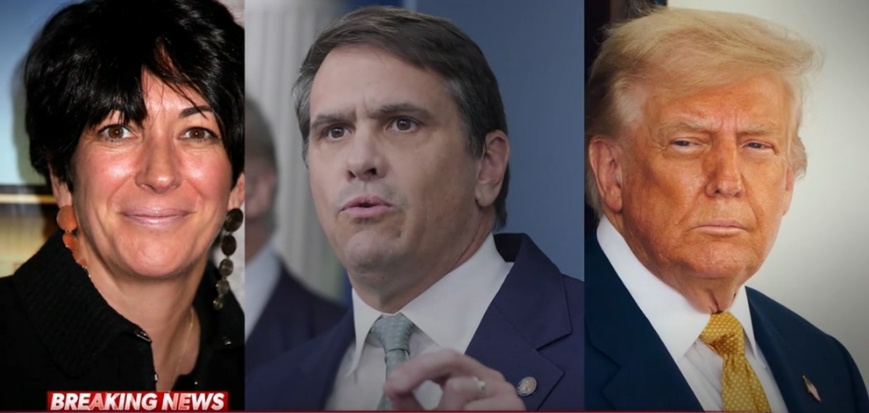
The president-elect has threatened to unleash “hell” on the militant group if it doesn’t meet his deadline. What might he actually do?.

U.S. President-elect Donald Trump warned in December that there will be “hell to pay” if hostages held by Hamas in Gaza are not released by his inauguration on Jan. 20.
Trump echoed this warning during a press conference on Tuesday, stating that “all hell will break out in the Middle East” if the hostages aren’t returned by the time that he takes office. “It will not be good for Hamas. And it will not be good, frankly, for anyone,” Trump said.
But the president-elect hasn’t elaborated on what this means or detailed what steps he would take if this deadline were not met. Trump’s team did not immediately respond to a request for comment from Foreign Policy on his recent remarks surrounding a Gaza hostage deal.
Trump’s warnings to Hamas come amid one of the most transformative and chaotic periods for the Middle East in recent history and raise questions about how involved the president-elect is willing to get in the region after pledging “no new wars” on the campaign trail.
“Trump’s threat is designed to convince Hamas that it’s more likely to get a better deal with the outgoing Biden administration than with the incoming Trump administration, and so it should make one now,” Jonathan Panikoff, who served as the deputy national intelligence officer for the Near East at the National Intelligence Council from 2015 to 2020, told Foreign Policy.

“While there are limited avenues of additional pressure the Trump administration can put on Hamas in Gaza aside from supporting more Israeli strikes in the strip, much of Hamas’s current leadership is external to Gaza, and the Trump administration could seek to apply additional sanctions on them and their families to try to increase pressure,” added Panikoff, who is now the director of the Scowcroft Middle East Security Initiative at the Atlantic Council.
By setting a hard deadline of Jan. 20 for the release of the hostages, Trump is trying to “put more pressure on the process” and “create a sense of urgency,” retired Gen. Joseph Votel, who oversaw U.S. military operations in the Middle East from 2016 to 2019 as commander of U.S. Central Command, told Foreign Policy.

Votel, who is now a distinguished senior fellow at the Middle East Institute, said it’s unlikely that Trump would turn to U.S. military power as a solution if the Israel-Hamas war is still raging on Inauguration Day. Trump could increase support for Israeli military activities in Gaza to ramp up pressure on Hamas, Votel said, but with the “level of destruction” already seen in the enclave, “it’s hard to see what more might be done.”
One possible step that Trump could take is to support Israel imposing increased restrictions on humanitarian assistance into the enclave, as one close associate of Israeli Prime Minister Benjamin Netanyahu has called for. However, this would likely lead to both domestic and international criticism, and it might not sway Hamas one way or another.
“If Hamas were worried about the suffering of Gazans, this would have been settled a long time ago. Its leaders are not concerned about the suffering—they exploit it,” said Dennis Ross, a former U.S. envoy to the Middle East, in an interview with Foreign Policy. “Even if President Trump gives Israel more of a free hand and does not pressure it on humanitarian assistance, it is not clear how much that will affect Hamas leaders in Gaza.”
)
For more than a year, international negotiators have repeatedly failed to secure a hostage release and a truce deal between Israel and Hamas. Mediators from the United States, Qatar, and Egypt are currently in Doha, Qatar, to continue talks aimed at finally reaching an agreement.
On Thursday, U.S. President Joe Biden, whose administration is racing to secure a cease-fire deal before he leaves the White House, expressed cautious optimism that a truce could be close. “We’re making some real progress,” Biden told reporters at the White House. “I’m still hopeful that we’ll be able to have a prisoner exchange.”
Steve Witkoff, whom Trump has tapped to be his special envoy to the Middle East, arrived in Doha on Friday to join the talks. At a press conference in Mar-a-Lago earlier in the week, Witkoff said negotiators were “making a lot of progress.”
“I’m really hopeful that by the inaugural, we’ll have some good things to announce on behalf of the president,” Witkoff said.
Despite this positive messaging, there are no guarantees that a deal will be reached by Jan. 20.

“It is probably slightly better than 50-50 right now for a deal. Many of the obstacles that existed before still remain—Hamas still wants some assurance before they accept a phased approach that the war will end, and Prime Minister Netanyahu still does not want to give that assurance,” said Ross, who is now a distinguished fellow at the Washington Institute for Near East Policy.
The issue of how many living hostages Hamas will release also remains a big sticking point in the talks, as well as the number of Palestinian prisoners the militant group is demanding that Israel release in return.
“Still, the reason I put the deal at somewhat better than 50-50 is [that] there is a Trump effect,” Ross said, adding, “Hamas may want to do the deal shortly before Jan. 20, with the belief that if there is a cease-fire before he comes in, President Trump won’t want to see a renewal of the war after he is in office. Moreover, I think Hamas is under somewhat greater pressure from Qatar, Egypt and maybe also Turkey—all trying to show Trump they are pressing and delivering what he wants.”

Another question hanging over Trump’s push for a hostage deal is whether Netanyahu, who has faced fierce criticism from families of hostages and been accused of hampering cease-fire talks, will be an obstacle. Netanyahu and Trump have historically been close allies, but the Israeli prime minister is also trying to keep his fragile coalition government together—and far-right members have threatened to bring it down if he accepts a cease-fire deal.
Trump’s Jan. 20 deadline “probably does not mean much to Netanyahu so long as he’s not viewed as being the impediment to a deal,” said Panikoff, the former National Intelligence Council official. “If Hamas actually signs off on a deal, then the pressure will shift to Prime Minister Netanyahu, because he will do almost anything—short of collapsing his coalition—to ensure he begins the second Trump term in good graces with the president-elect,” he added.
Trump Can’t Bully the Entire World


Trump Can’t Bully the Entire World Loudly making threats doesn’t amount to a foreign policy.
Donald Trump’s approach to foreign policy, characterized by his “America First” ideology and confrontational rhetoric, has raised concerns about its effectiveness and long-term consequences for global diplomacy. While Trump’s bombastic style may grab headlines, it often falls short of achieving substantive policy goals and risks alienating allies.
Limitations of Bullying Tactics
Trump’s tendency to make loud threats and use economic pressure as a foreign policy tool has several drawbacks:
Alienating allies

Trump’s confrontational approach has strained relationships with traditional U.S. allies, particularly in Europe and NATO.
Unpredictability
The inconsistent nature of Trump’s foreign policy decisions creates uncertainty in international relations, making it difficult for other nations to engage in long-term planning or cooperation.
Lack of nuance
Complex global issues often require delicate diplomacy and multilateral cooperation, which are not well-suited to Trump’s blunt, transactional approach.
Climate Diplomacy Challenges
Trump’s stance on climate change illustrates the limitations of his foreign policy approach:
Paris Agreement withdrawal
Trump’s decision to withdraw from the Paris Climate Agreement undermined U.S. leadership on global climate action.
Loss of influence
By stepping back from international climate efforts, the U.S. risks ceding leadership to other nations, particularly China.
Funding cuts
Trump’s reluctance to fulfill climate finance commitments damages trust with developing nations and hinders global cooperation.

Resilience of International Cooperation
Despite Trump’s disruptive approach, the international community has shown resilience:
Paris Agreement survival

The agreement remained intact even after U.S. withdrawal, demonstrating its durability.
Subnational action
States, cities, and businesses in the U.S. continued to pursue climate goals despite federal inaction.
Economic momentum
The global transition to clean energy has gained significant economic momentum, which may be difficult for Trump to reverse.
Conclusion
While Trump’s confrontational style may appear forceful, it often fails to achieve lasting policy outcomes and risks isolating the United States on the global stage. Effective foreign policy requires nuanced diplomacy, respect for allies, and recognition of shared global challenges. As the world grapples with complex issues like climate change, a unilateral, bullying approach is unlikely to yield positive results for the United States or the international community.


































:max_bytes(150000):strip_icc():focal(999x0:1001x2)/catherine-ohara-013026-7-4b5b413a646d4f15a1fd15ac8b933811.jpg?w=1200&resize=1200,0&ssl=1)








